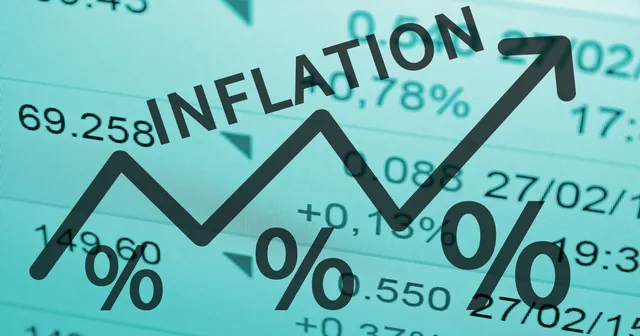A Comprehensive Guide to Reducing Inflation in Your Country
Inflation can have detrimental effects on an economy, causing rising prices, reduced purchasing power, and economic instability. Tackling inflation requires a combination of prudent monetary and fiscal policies, as well as structural reforms. In this blog post, we will delve into some key strategies that can help reduce inflation in a country and restore economic stability.
Tighten Monetary Policy:
A crucial step in combating inflation is implementing a tight monetary policy. Central banks can raise interest rates to discourage borrowing and reduce money supply in the economy. By making loans more expensive, consumers and businesses are likely to reduce their spending, which can help curb inflationary pressures.
Fiscal Discipline:
Sound fiscal management is essential to control inflation. Governments should strive to maintain a balanced budget or a sustainable fiscal deficit. Reducing unnecessary government spending, targeting subsidies effectively, and implementing tax reforms can help restore fiscal discipline. A well-planned fiscal policy can contribute significantly to lowering inflationary pressures.
Structural Reforms:
To address the root causes of inflation, countries need to undertake structural reforms. These reforms may include improving the business environment, reducing trade barriers, promoting competition, and enhancing labor market flexibility. By encouraging investment, innovation, and productivity, structural reforms can boost economic growth and alleviate inflationary pressures.
Enhance Central Bank Independence:
Ensuring the independence of the central bank is crucial for effective monetary policy. Governments should respect the autonomy of central banks and avoid exerting undue influence. Independent central banks can focus on their primary mandate of maintaining price stability without political interference, leading to more effective inflation control.
Strengthen Exchange Rate Policy:
A country's exchange rate policy plays a significant role in managing inflation. In some cases, allowing the currency to depreciate can help improve export competitiveness and reduce imported inflation. However, a careful balance must be struck to avoid excessive currency depreciation, which can trigger inflationary pressures. A flexible exchange rate regime combined with prudent monetary policies can help achieve stability.
Monitor and Control Money Supply:
Controlling money supply is crucial in managing inflation. Central banks should carefully monitor money creation, credit expansion, and liquidity in the economy. Implementing reserve requirements and open market operations can help regulate the availability of money, reducing inflationary pressures.
Price Controls and Anti-Trust Measures:
Governments may consider implementing price controls on essential goods and services to prevent excessive price hikes. However, price controls should be used judiciously and only as a temporary measure, as they can have unintended consequences such as supply shortages. Additionally, fostering competition through anti-trust measures can help prevent monopolies or oligopolies from exerting excessive pricing power.
Public Awareness and Communication:
Creating public awareness about inflation and its impact is crucial. Governments and central banks should communicate transparently with the public, explaining their policies and the measures being taken to combat inflation. Educating citizens about the importance of long-term stability and the role they can play in managing inflation can help create a collective effort towards reducing inflation.
Reducing inflation requires a comprehensive and multi-faceted approach that combines monetary, fiscal, and structural policies. Governments, central banks, and citizens all have a role to play in achieving economic stability. By implementing prudent policies, maintaining fiscal discipline, promoting structural reforms, and fostering public awareness, countries can effectively reduce inflation and pave the way for sustainable economic growth.
